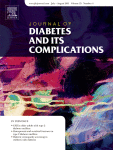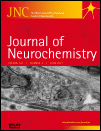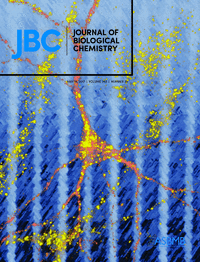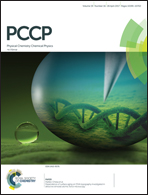A pharmaceutical researcher has received his tenth retraction. The reason, once again: duplicating his previous work.
Giuseppe Derosa, based at the University of Pavia in Italy, lost a 2011 paper this month after journal editors identified “substantial duplication of an earlier published paper.” According to the notice, the authors failed to cite the previous work and to disclose that the manuscript had been published or was under consideration elsewhere.
Derosa has a habit of reusing clinical trial data in multiple papers. He received his first four retractions in 2015 for publishing the same clinical trial results six times—two of those papers were retracted over the summer and two more several months later. By 2016, a fifth from the bunch was retracted (one of the six still stands). Derosa received another retraction, citing duplication (which we covered here and which was not related to the six clinical trials).

 A neurochemistry journal has retracted a paper from a group in China over a duplicated image.
A neurochemistry journal has retracted a paper from a group in China over a duplicated image. On April 27, the Journal of Biological Chemistry (JBC) retracted nine papers by a researcher based in Israel, including some dating back to 2000.
On April 27, the Journal of Biological Chemistry (JBC) retracted nine papers by a researcher based in Israel, including some dating back to 2000. The authors of a popular — and heavily debated — F1000Research paper proposing a method to prevent scientific misconduct have decided to retract it.
The authors of a popular — and heavily debated — F1000Research paper proposing a method to prevent scientific misconduct have decided to retract it.
 Reuters has removed a story about gender confirmation surgery, saying it included problematic data.
Reuters has removed a story about gender confirmation surgery, saying it included problematic data.
 A diabetes journal has issued two notices of concern for papers co-authored by a researcher who took another publisher to court after it did the same thing — but
A diabetes journal has issued two notices of concern for papers co-authored by a researcher who took another publisher to court after it did the same thing — but